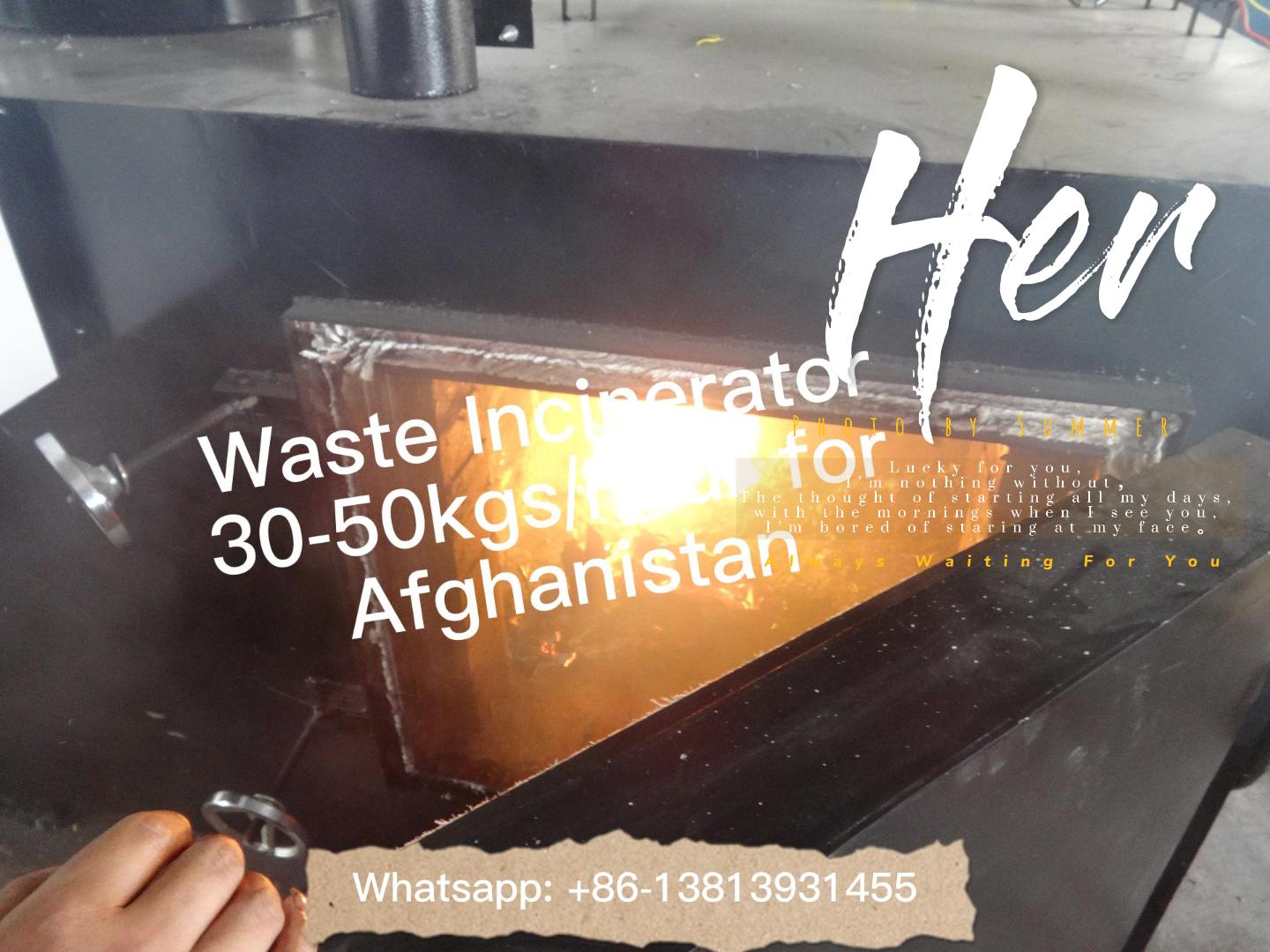Medical waste management is a critical component of healthcare systems around the world. Proper disposal of medical waste is essential to prevent the spread of infection and protect the environment. One method of managing medical waste that has been gaining attention in recent years is irradiation.
Irradiation, also known as radiation sterilization, is the process of using ionizing radiation to eliminate microorganisms in medical waste. This method has been used for decades to sterilize medical devices and supplies, and it is now being applied to medical waste management as well.
The role of irradiation in medical waste management is to reduce health risks associated with the disposal of infectious materials. Medical waste can contain a wide range of pathogens, including bacteria, viruses, and other harmful microorganisms. If not properly managed, these pathogens can pose a significant risk to healthcare workers, patients, and the general public.
Irradiation is an effective and efficient method for eliminating these pathogens from medical waste. When medical waste is exposed to ionizing radiation, the DNA of microorganisms is damaged, rendering them unable to reproduce or cause infection. This process ensures that the waste is safe to handle and can be safely disposed of without risk of contamination.
In addition to reducing health risks, irradiation also offers several other benefits for medical waste management. It is a cost-effective and environmentally friendly method, as it does not require the use of chemical agents or high temperatures, which can be harmful to the environment. Irradiation also does not produce any harmful residues or by-products, making it a safe and sustainable option for medical waste treatment.
Furthermore, irradiation can help healthcare facilities comply with regulations and guidelines for the safe management of medical waste. By using irradiation to treat medical waste, facilities can ensure that they are meeting the necessary standards for the protection of public health and the environment.
It is important to note that irradiation is just one component of a comprehensive medical waste management plan. Effective waste segregation, packaging, and handling are also essential for minimizing health risks and ensuring safe disposal. Irradiation should be used in conjunction with other best practices for medical waste management to achieve the highest levels of safety and compliance.
In conclusion, irradiation plays a crucial role in reducing health risks associated with medical waste management. By effectively sterilizing medical waste, irradiation helps to protect healthcare workers, patients, and the general public from the spread of infection. Furthermore, it offers cost-effective and environmentally friendly benefits, making it a valuable tool for healthcare facilities seeking to manage medical waste responsibly. As advancements in technology continue, irradiation will likely become an even more essential component of medical waste management in the future.



